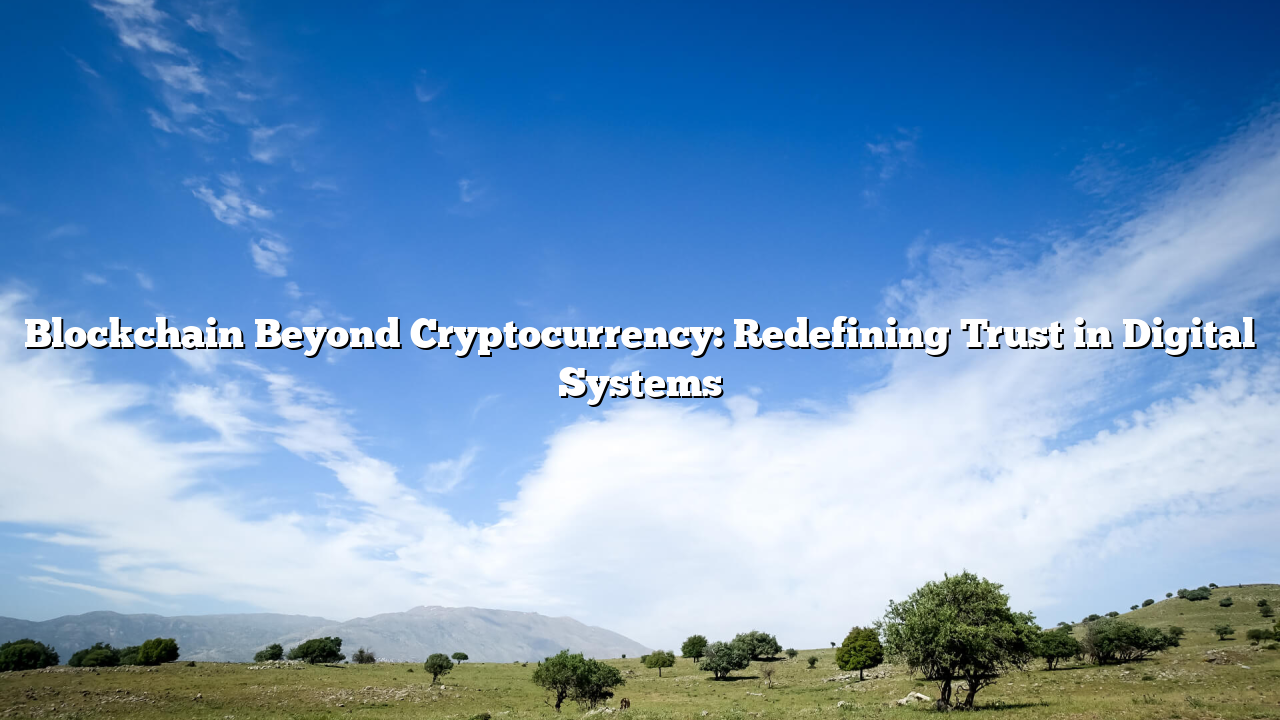While blockchain is widely known as the foundation of cryptocurrencies like Bitcoin and Ethereum, its applications extend far beyond digital money. At its core, blockchain is a decentralized ledger that records transactions securely otpklik daftar and transparently, making it useful across a variety of industries.
In supply chain management, blockchain enables companies to track goods from origin to delivery with full transparency. This is especially valuable in industries like food and pharmaceuticals, where verifying authenticity and safety is critical. By recording every step of the journey, blockchain helps reduce fraud and improve consumer trust.
The healthcare sector is also exploring blockchain to secure patient records. By decentralizing data storage, patients can control access to their medical histories, ensuring both privacy and interoperability between healthcare providers.
In finance, blockchain is being used for faster and cheaper cross-border payments. Traditional international transfers often take days and involve multiple intermediaries. Blockchain streamlines this process, reducing costs and settlement times to minutes.
Governments are even considering blockchain for voting systems, aiming to increase transparency and reduce fraud. However, challenges such as scalability, energy consumption, and regulation remain.
In conclusion, blockchain is evolving into a foundational technology with applications across industries. By enabling transparency, security, and trust, it has the potential to reshape digital systems far beyond the realm of cryptocurrency.
